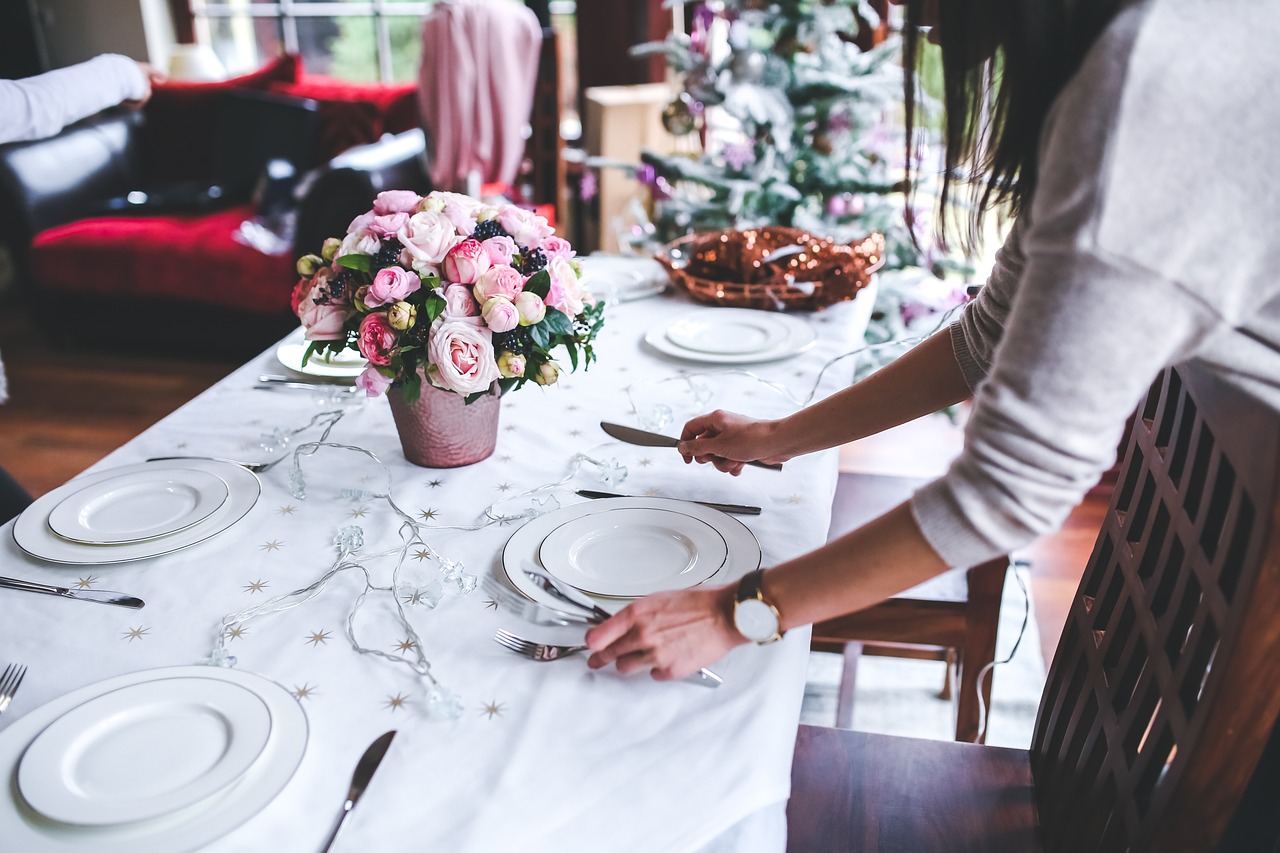
When traveling to Germany or dining with German friends, understanding the local table manners can enhance your experience and show respect for cultural norms. German table manners, or “Tischmanieren,” reflect the country’s values of order, respect, and formality. In this comprehensive guide, we explore the essential aspects of dining etiquette in Germany to help you navigate meals with confidence and grace.
Before the Meal: The Seating Arrangement
In Germany, the seating arrangement at a dining table is often predetermined, especially during formal occasions. The host usually assigns seats, with the most honored guest seated to the right of the host. When attending a less formal gathering or dining out, it’s polite to wait until the host or the eldest person at the table invites you to sit down.
The Use of Utensils
Germans are particular about the use of utensils. The continental style of using cutlery – holding the fork in the left hand and the knife in the right – is the norm here. It is considered good manners to keep both hands above the table during the meal and not rest your elbows on the table. Once you have finished eating, place your knife and fork side by side at the 5:25 position on your plate to indicate that you are done.
Bread and Its Etiquette
Bread is a common starter in German meals and is usually served with butter or spreads. It is customary to use your hands to break the bread into smaller pieces before buttering. Unlike in some cultures, it is impolite in Germany to use your knife to cut bread directly on the dinner table.
Punctuality and Starting the Meal
Punctuality is highly valued in German culture, and this extends to dining. Arriving on time for a meal is a sign of respect. Meals often begin with a communal toast, usually led by the host, and it’s polite to maintain eye contact when clinking glasses. The phrase “Guten Appetit” is commonly used to wish everyone a good meal before starting to eat.
Passing Dishes and Condiments
When dining in Germany, it is polite to use serving utensils rather than your personal cutlery to serve yourself from communal dishes. Always pass dishes to the right and remember to ask others before taking the last piece from any serving plate.
Table Conversation
Table conversation in Germany is generally formal, especially at business or formal dinners. Topics such as politics and religion are typically avoided. It’s important to engage with all guests, making eye contact and ensuring not to dominate the conversation.
Drinking Etiquette
When it comes to drinking, particularly beer and wine, there are etiquettes to follow. Always allow the host to serve you and wait for a toast before taking your first sip. During a toast, it’s customary to clink glasses with everyone at the table, and as with the initial toast, maintaining eye contact is key.
Mastering the “Tischmanieren” is essential for anyone looking to integrate smoothly into German dining culture. By adhering to these table manners, you not only show respect for your hosts and fellow diners but also enrich your dining experience in Germany. Whether you’re at a formal dinner or a casual meal, these guidelines will help you navigate the dining table with ease and confidence.
This guide ensures you’re well-prepared to dine gracefully in Germany, respecting and enjoying the rich traditions that define German “Tischmanieren.”
Related articles:
How to Behave In a Restaurant in Germany
Dining Etiquette in Germany
The Art of German Small Talk







